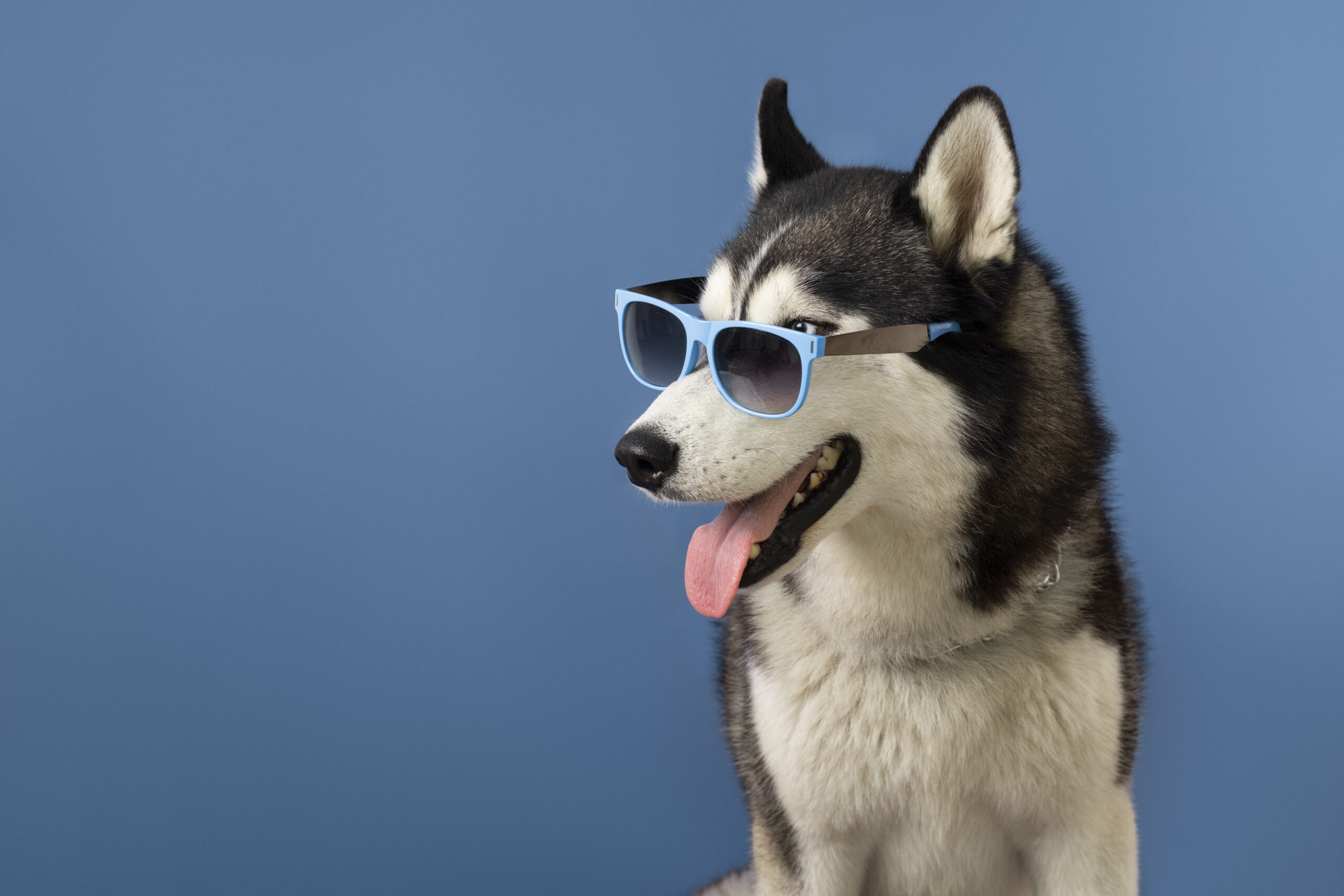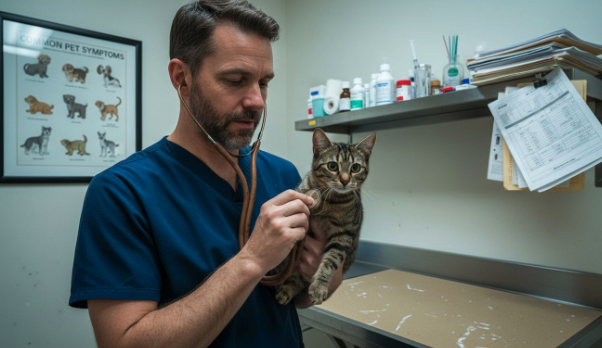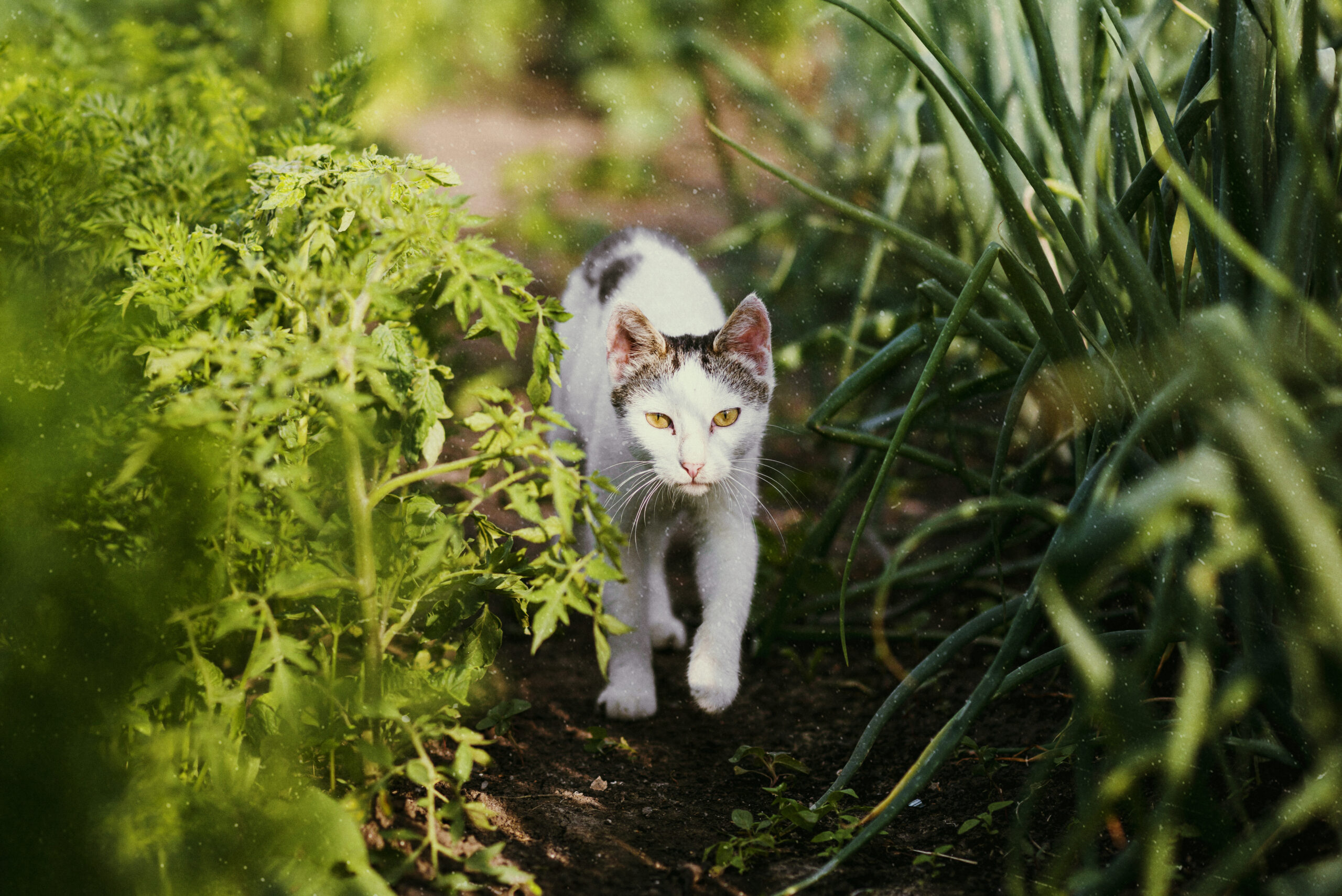Winter can feel like storybook fun for you and your pet- snowy walks, big leaps into drifts, and slow, quiet nights cuddled by the fire. But colder air and indoor heat put pets at hidden risk for dehydration, and that dry spell tiptoes in long before any thaw. Winter thirst messes with skin, starts hot spots, and in heavy cases, it strains kidneys, so staying alert is key.
To keep tails wagging and tongues moist, we gathered a handful of simple, season-friendly tips. Pass these ideas to other pet parents so every fur buddy sails through the cold in tip-top shape.
Why Pets Get Dehydrated in Winter
Cold air carries little moisture, so every breath pulls humidity away from your pet’s body. Add forced-air heat, and the indoor atmosphere turns parched, even if you don’t feel it. Hours spent in those arid rooms drain reserves, leaving signs like flaky skin, a dry nose, droopy eyes, or extra naps.
Essential Winter Hydration Tips
1. Invest in a Humidifier
Dry indoor air is one of the biggest winter problems for pets. A small humidifier raises room moisture to about 45-50 percent and cuts static shocks, dry noses, and rough patches for both you and your furry friend.
2. Encourage Plenty of Drinking
Water is your pet’s best friend! Keep their bowl topped off with fresh water, checking it several times a day. If they still seem reluctant, add a tiny splash of low-sodium chicken broth or mix some broth ice cubes into their bowl. You can also stir water into dry kibble or swap a meal for canned food to sneak in extra moisture.
3. Brush Regularly
Brushing isnt just for shedding season! A gentle daily brush spreads natural oils, softens dander, and leaves your dog or cat looking shiny. While you work the brush, little nudges and tail flips remind them that this routine is bonding time.
4. Cut Back on Baths
Giving baths too often scrubs off the protective oils their skin produces. Skip baths whenever possible, and when its truly necessary, rinse with lukewarm water and a moisturizing pet shampoo labeled for dry skin.
5. Add Omegas to Their Diet
Omega-3 and Omega-6 fatty acids are skin-savers when cold air chases away moisture. These healthy fats help keep skin supple and calm flaking or itchiness. Ask your vet about an omega capsule or add a spoon of salmon oil or coconut oil to meals.
Explore More: The Ultimate Guide to Adopting a Pet
Offer Pet-Safe Moisturisers
Give your pets some relief by rubbing in creams meant for them. A nose balm stops that tender snout from cracking, while a paw salve shields cushions against icy sidewalks. Keep in mind, though, that real hydration starts inside, so use the topicals only after boosting water intake and meals.
Watch For Dehydration Warning Signs
Keep an eye out for these everyday clues that your pet may be short on moisture:
- Excessive dandruff or flaking
- Listlessness or unusual sleepiness
- A dry, cracked nose
- Sunken eyes or floppy skin
- Red, itchy hot spots
Notice any of these? Immediately cut back on walks, top up water bowls, and offer wet food. For severe signs, do not delay-a vet visit is essential.
Wrapping-Up
Winter comfort starts with fresh water, but it grows from a cozy home, skin care, and nourishing treats. Little changes, such as the ones above, can lift your pets spirits and protect their health.
Stay on top of cold-season woes by trying these tips today, and pass the advice to other animal lovers.
Above all, keep your pet cheery and well-hydrated all winter long!
EXTRA:
Pawrpose AI is rethinking pet care smarter, kinder, and more connected. No more guesswork about your pet’s health, at any age.
Read more here: Pawrpose AI












